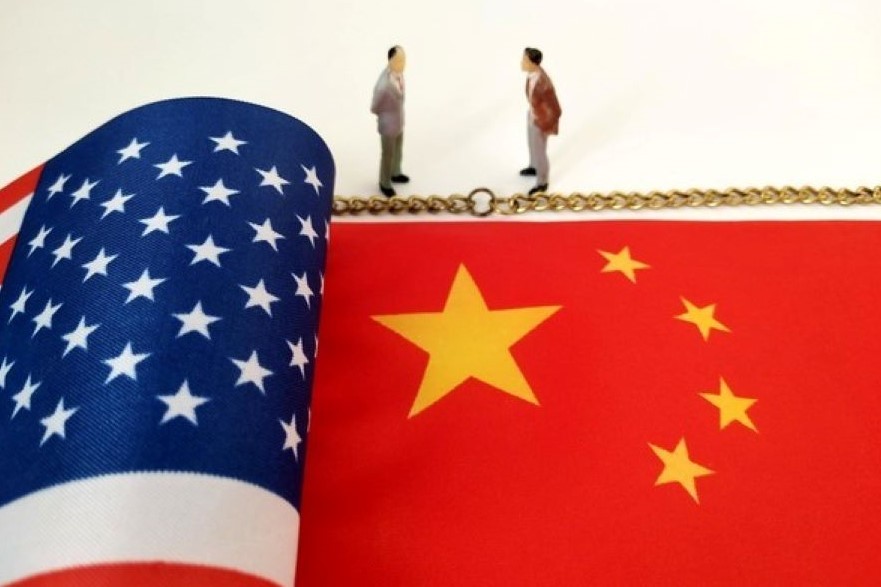
(Photo:Sipa)
The US and China are facing the strategic choices between cooperation and confrontation, which will shape the contours of the emerging global order, said Prime Minister of Singapore Lee Hsien Loong, in an op-ed published by Foreign Affairs on June 4.
For years, many Asian countries enjoyed the benefits of building economic relationships with China while maintaining strong ties with the United States, Lee noted, particularly during the past four decades since China began to reform and open up. "Within a few decades, China went from being economically inconsequential for the rest of Asia to being the region's biggest economy and major economic partner. China's influence in regional affairs grew correspondingly," he wrote.
But as tensions escalate between the US and China, Lee warned that the two countries will start "a course of confrontation that will last decades and put the long-heralded Asian century in jeopardy".
"Any confrontation between these two great powers is unlikely to end as the Cold War did, in one country's peaceful collapse," he said.
Against this backdrop, Asia-Pacific countries don't wish to be forced to take sides. Instead they want to maintain good relationships with both countries, said Lee. "Singapore and all other Asian countries want to cultivate good relations with China. They hope to enjoy the goodwill and support of such a major power and to participate in its growth. Global supply chains—whether for aircraft, cellular phones or surgical masks—link China and other Asian countries closely together. China's sheer size has made it the largest trading partner for most other Asian countries, including every treaty ally of the United States in the region, as well as Singapore and nearly every other ASEAN country," Lee noted.
Taking the COVID-19 pandemic as an example, Lee called for cooperation between the two countries in response to the current global crises and problems including climate change, nuclear proliferation and the spread of infectious diseases. "Diseases do not respect national borders, and international cooperation is desperately needed to bring the pandemic under control and reduce damage to the global economy," he wrote.
The prospect of an "Asian century", Lee concluded, will depend greatly on whether US and China can "overcome differences, build mutual trust and work constructively to uphold a stable and peaceful international order."
"This is a fundamental issue of our time."


